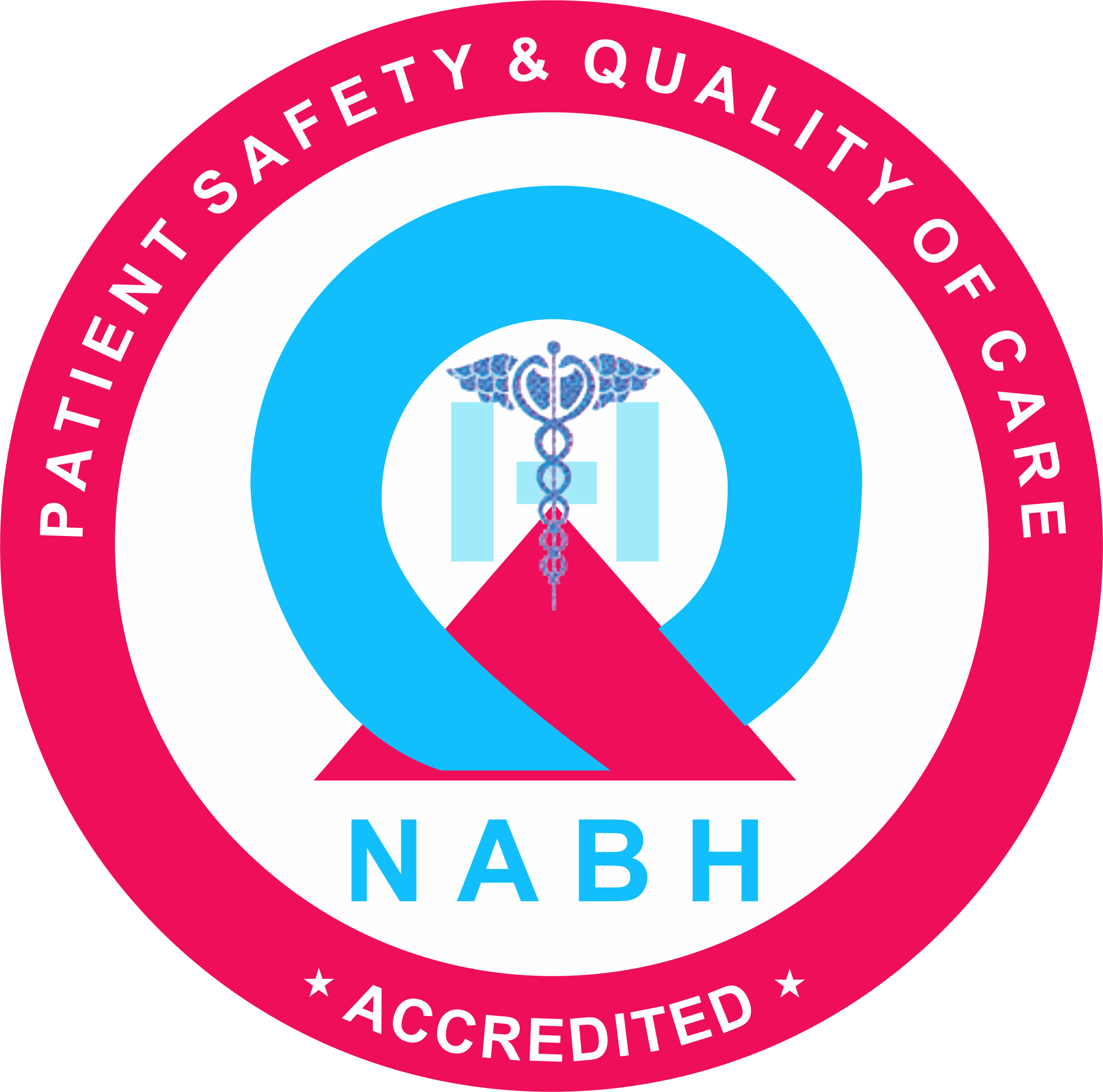


Diagnostic Procedures: Surgical oncologists conduct diagnostic evaluations, including biopsies and other procedures, to accurately identify the type and extent of cancer.
Surgical Interventions: Surgical oncologists perform a variety of surgeries to remove tumors and cancerous tissues. This can involve procedures ranging from minimally invasive surgeries to more extensive operations, depending on the nature and stage of the cancer.
Treatment Planning: Surgical oncologists collaborate with other healthcare professionals, such as medical oncologists and radiation oncologists, to develop comprehensive treatment plans tailored to individual patient needs.
Preoperative and Postoperative Care: These services encompass the care provided before and after surgical procedures. This includes preoperative assessments, surgical planning, and postoperative recovery and rehabilitation.
Minimally Invasive Techniques: Advancements in surgical techniques allow for minimally invasive procedures, reducing recovery times and improving overall patient outcomes.
Follow-up and Surveillance: Surgical oncology services often involve long-term follow-up and surveillance to monitor patients for any signs of recurrence and to address potential side effects or complications.
Patient Education: Surgical oncologists educate patients about their condition, treatment options, and postoperative care, fostering informed decision-making and active participation in the healing process.
These services collectively aim to provide comprehensive and compassionate care to individuals affected by cancer, addressing both the physical and emotional aspects of their journey. Effective cancer care often involves collaboration among different medical specialties. Find out if Guru cancer centre promotes multidisciplinary care and has a team-based approach to address the holistic needs of cancer patients.

4 /120-F, PandikovilRing Road,
Airport – Mattuthavani Ring Rd,
Madurai
Tamilnadu – 625107.